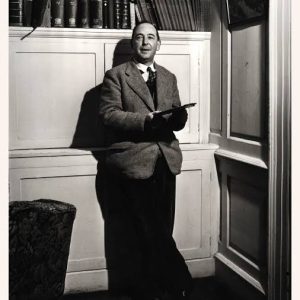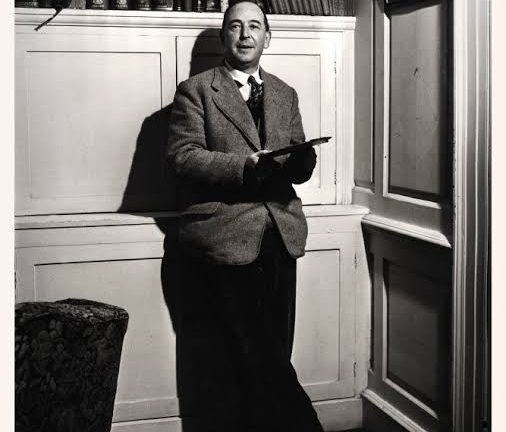
C.S. Lewis, the renowned Christian author, offers a profound example of how to care for doubters through his book “A Grief Observed.” While the book primarily deals with his own journey through grief after the loss of his wife, it contains valuable lessons on compassion, understanding, and support for those experiencing doubt and questioning in their faith.
-
Validation of Emotions
- In “A Grief Observed,” Lewis openly expresses his raw and unfiltered emotions of anger, doubt, and confusion in the wake of his wife’s death. This act of sharing his doubts and fears validates the experiences of others who may be grappling with similar feelings. Caring for doubters starts with acknowledging and respecting their emotions, even if they challenge conventional beliefs.
-
Listening Without Judgment
- Lewis’s willingness to listen to his own doubts, without self-condemnation, sets an example for how to care for doubters. When supporting someone going through a crisis of faith, it’s essential to offer a non-judgmental space for them to express their doubts and questions without fear of condemnation or criticism.
-
Honesty and Vulnerability
- Lewis’s candid exploration of his doubts in “A Grief Observed” models vulnerability. He openly admits his struggles with faith and his anger towards God. Caring for doubters involves creating an environment where individuals can be honest about their doubts and uncertainties without fear of rejection or reprimand.
-
Empathy and Compassion
- Throughout the book, Lewis’s deep empathy for others who may be experiencing similar grief or doubt is evident. He recognizes the universality of human suffering and extends compassion to those who, like him, are navigating difficult questions. Caring for doubters means extending empathy and understanding, acknowledging that doubt is a natural part of the human experience.
-
Offering Support
While Lewis grapples with his doubts in solitude, he also acknowledges the importance of community and human connection. Caring for doubters often involves offering support in the form of companionship, encouragement, and resources to help them explore their questions and seek answers.
-
Encouraging the Search for Meaning
Despite his doubts, Lewis never completely abandons his faith. Instead, he engages in a sincere quest for meaning and understanding. Caring for doubters means encouraging them to embark on their own journeys of exploration, providing resources, literature, and guidance as they seek answers and grapple with their questions.
In “A Grief Observed,” C.S. Lewis demonstrates that caring for doubters requires a compassionate and empathetic approach. It involves validating their emotions, creating a safe space for open dialogue, and supporting their search for meaning and understanding. By embodying these principles, individuals and communities can effectively care for those who are experiencing doubt and questioning in their faith journeys.






Leave a Reply